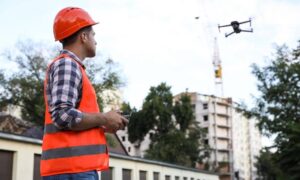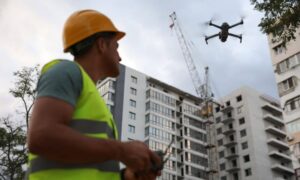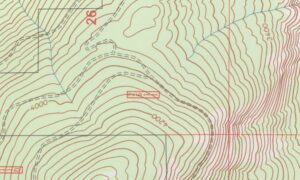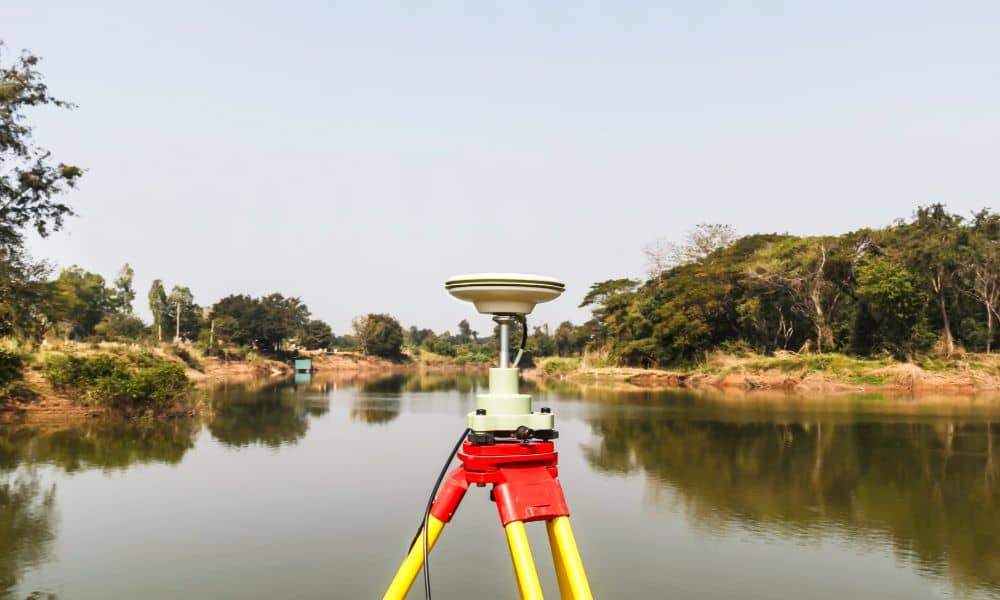
Buying a new home in Boston is exciting. You finally have your own place in one of the most historic cities in the country. But if your property is in a flood-prone area such as near the Charles River, Boston Harbor, or low-lying neighborhoods, there’s one thing you need to handle right away: getting your elevation certificate.
This document shows the height of your home compared to local flood levels. It can affect your flood insurance rates, help with mortgage approval, and even impact building permits for renovations. In a city like Boston, where older infrastructure and changing weather patterns increase flood risk, it’s smart to secure your certificate early.
Why You Should Get an Elevation Certificate Early in Boston
An elevation certificate is an official FEMA document that measures your home’s lowest floor height against the base flood elevation in your area. In Boston, many lenders and insurers require it before finalizing your mortgage or policy.
If you wait too long to get it, you risk delays that could hold up closing on your home or starting planned improvements. And since insurance companies use it to set flood insurance premiums, having it early gives you a chance to find better rates.

How to Get Your Elevation Certificate Fast in Boston
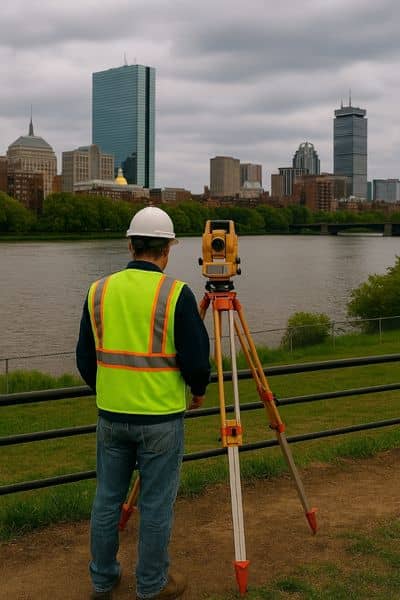
First, check if an existing certificate is already on file. In some cases, the seller, the builder, or Boston’s Inspectional Services Department might have a copy. If it’s accurate and recent, you can use it immediately.
If not, hire a licensed land surveyor who can help you get an elevation certificate in Massachusetts. A surveyor familiar with Boston neighborhoods especially flood-prone areas like East Boston, South Boston, and parts of Dorchester—can work faster because they already know local flood maps and building codes..
To speed up the process, give your surveyor any property deeds, past surveys, or architectural plans you have. The more information they have, the quicker they can finish.
How Long It Takes
In Boston, most elevation certificates can be completed within a few days. However, after major storms or during busy construction seasons, demand for surveyors can increase, so starting early is always best.
Avoiding Delays in Boston
One of the biggest mistakes new homeowners make is waiting until they need the certificate for insurance or a renovation permit. By then, even a short delay can cause bigger problems. Scheduling your survey early with trusted Boston land surveying services can prevent last-minute issues and keep your project on track.
Also, be mindful of any changes to your property. Adding a new deck, changing your foundation, or even regrading your yard in Boston’s dense neighborhoods can alter your flood risk, which might require an updated certificate.
The Bottom Line
If you’ve just bought a home in Boston—especially in areas with known flood risks—getting your elevation certificate early is a smart move. It can save you money on insurance, prevent permit delays, and give you peace of mind that your property meets floodplain requirements.
Act now so you can settle into your new Boston home without last-minute surprises.
FAQs
1. Do I need an elevation certificate for every home purchase in Boston?
Not always. You’ll only need one if your property is in a FEMA-designated flood zone or your lender/insurer requires it.
2. Can I use an old elevation certificate from a previous Boston homeowner?
Yes, if it’s still accurate and no major changes have been made to the property.
3. How much does an elevation certificate cost in Boston?
Most range from $350 to $700, depending on property size and location.
4. Who can issue an elevation certificate in Massachusetts?
Only a licensed land surveyor, engineer, or architect authorized in the state can prepare it.
5. Will my flood insurance in Boston be cheaper with an elevation certificate?
Possibly. If your home sits above the base flood level, your premiums may decrease.
